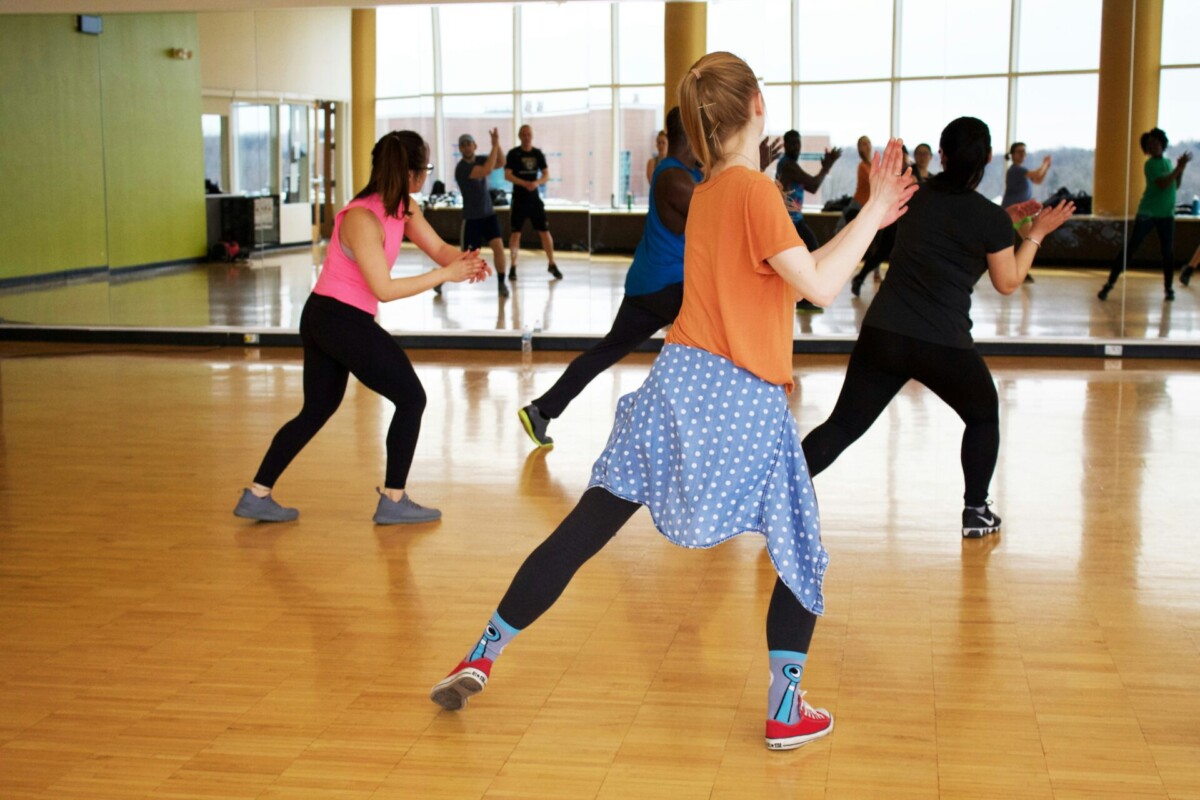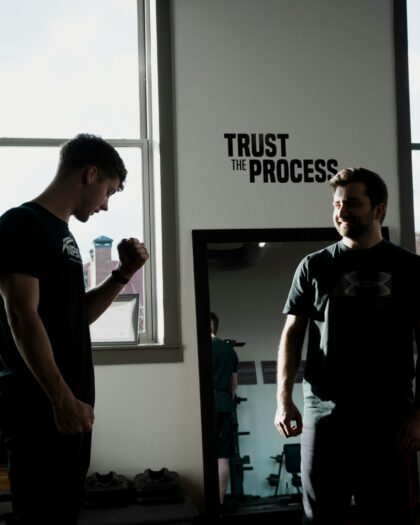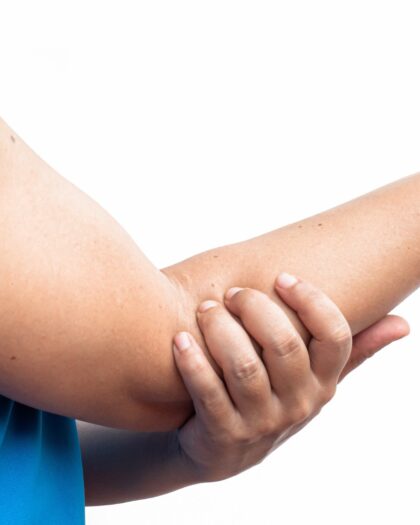
Many people find themselves on their feet all day at work—whether they’re mechanics, CNAs, or in similar roles. When asked about other types of movement they engage in, such as walking, working out, or dancing, the response is often that there's no other type of movement. They say, "I'm so tired at the end of the day that I just rest and let my body recover."
This situation is quite common, and it's understandable. After a long day of physically demanding work, the last thing on most people's minds is engaging in more physical activity. However, this approach can be problematic for several reasons. In these cases, the only movement their bodies experience is what they have to do for their jobs, not what they want to do. Typically, they dislike the movement involved in their work because it causes pain when they walk, lift, or carry things.
The issue lies in the nature of the movement these individuals are performing. Our bodies are amazing machines, designed to move in various ways. Our muscles crave loading, and our joints crave movement. However, the movement they're getting is limited to small ranges of motion rather than full-range motions. Plus, they don't include any enjoyable movement. This lack of variety and enjoyment in movement can lead to several problems.
Problems with Limited and Repetitive Movement
- Pain and Discomfort: Repetitive movements within a limited range can cause significant pain and discomfort. When the same muscles and joints are continuously used in the same manner, they can become strained and overworked, leading to persistent aches. This discomfort makes it even more challenging to find the motivation to engage in other types of physical activity. Over time, this repetitive strain can result in chronic pain and other long-term health issues.
- Reduced Flexibility and Mobility: Without engaging in a variety of movements, our bodies miss out on the benefits of full-range motion. Full-range movements help maintain and improve flexibility, strength, and overall mobility. When we don't challenge our bodies with these movements, we can become stiff and less agile, making everyday tasks more difficult and increasing the risk of injury.
- Impact on Mental Well-being: The lack of enjoyable movement can have a significant impact on our mental well-being. Movement and physical activity are closely linked to mental health. Engaging in activities we enjoy can boost our mood, reduce stress, and improve overall mental health. When movement is associated only with work and pain, it can create a negative relationship with physical activity, making it even harder to stay motivated.
Incorporating Enjoyable Movement
The key lies in finding ways to incorporate enjoyable movement into our routines. By going above and beyond what our bodies have to do on a daily basis, we can make the physiological changes necessary to make our regular tasks more tolerable. Finding ways to move that we enjoy makes movement easier, more tolerable, and a lot more beneficial.
- Explore Different Activities: Start by exploring different types of physical activities. This could be anything from a brisk walk in the park, a dance class, or a workout session at the gym. The goal is to find something that you enjoy and that feels good for your body. This might take some trial and error, but it's worth the effort to find an activity that brings you joy.
- Short Bursts of Movement: Remember that you don't have to spend hours each day on physical activity. Even short bursts of movement can be beneficial. For example, taking a 10-minute walk during your lunch break or doing a few stretches in the morning can make a big difference. The key is to make movement a regular part of your routine, rather than something you only do when you have to.
- Improve Movement Quality: Focus on improving your overall movement quality. This can be done through activities like yoga or Pilates, which emphasize proper alignment, flexibility, and strength. These types of activities can help improve your posture, reduce pain, and make everyday movements feel easier and more comfortable.
- Listen to Your Body: If you're experiencing pain or discomfort, it's important to address these issues rather than ignoring them. This might mean seeking the help of a physical therapist who can provide guidance and support. By taking care of your body and finding ways to incorporate enjoyable movement into your routine, you can improve your physical and mental well-being.
Conclusion
If you're someone who is always on your feet at work, consider incorporating other forms of movement into your routine. Whether it's a brisk walk, a dance class, or a workout session, finding enjoyable ways to move can transform your physical well-being. Not only will it help alleviate the pain and discomfort associated with your job, but it will also make your daily tasks more manageable. Your body will thank you!











